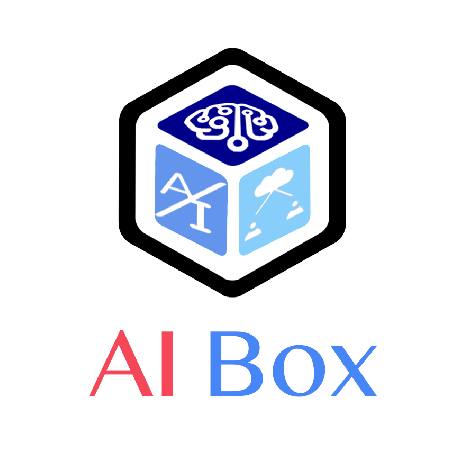Discover and explore top open-source AI tools and projects—updated daily.
SPPO by  uclaml
uclaml
Self-Play Preference Optimization (SPPO) aligns language models via self-play
Top 55.8% on SourcePulse
SPPO (Self-Play Preference Optimization) is a framework for efficiently aligning large language models (LLMs) using a self-play mechanism and a novel SPPO loss function. It aims to enhance LLM performance without relying on external preference data, outperforming methods like DPO and even proprietary models like GPT-4 on benchmarks like AlpacaEval 2.0. The target audience includes researchers and developers focused on LLM alignment and optimization.
How It Works
SPPO employs a self-play loop where the LLM generates responses, which are then ranked by a separate ranking model (PairRM). This ranking data is used to train the LLM via the SPPO loss, which is theoretically grounded to converge towards a Nash equilibrium. This approach allows the model to learn from its own generated outputs, creating a feedback loop for continuous improvement without external human or AI preferences.
Quick Start & Requirements
- Install: Clone the repository and install dependencies:
git clone https://github.com/uclaml/SPPO.git cd SPPO pip install -e . - Prerequisites: Python 3.10, vllm, PairRM (from
LLM-Blenderrepo), and potentially Hugging Face Hub write access for dataset pushing. - Setup: Requires cloning multiple repositories and installing several packages.
- Resources: Training scripts are provided for Mistral-7B and Llama-3-8B, with multi-GPU support for generation and ranking.
- Docs: Webpage, Paper, Huggingface
Highlighted Details
- Achieves competitive or superior performance compared to larger models and proprietary LLMs on AlpacaEval 2.0.
- Mistral-7B-SPPO (best-of-16) outperforms GPT-4 on AlpacaEval 2.0.
- Llama-3-8B-SPPO demonstrates significant improvements over the base Llama-3-8B model.
- Theoretically grounded in game theory for convergence guarantees.
Maintenance & Community
- Codebase is based on
alignment-handbook. - Uses
vllmfor generation andPairRMfor ranking. - For questions, contact authors via email; for code issues, open a GitHub issue.
Licensing & Compatibility
- The repository itself does not explicitly state a license in the README. The underlying
alignment-handbookandLLM-Blenderdependencies may have their own licenses. Compatibility for commercial use is not specified.
Limitations & Caveats
- The README does not specify a license for the SPPO code itself, which may impact commercial use.
- Some training scripts attempt to push datasets to the Hugging Face Hub under
UCLA-AGI, requiring write access or modification. - The pipeline currently supports a fixed number of generated samples per prompt (5).
1 year ago
Inactive

 QingyangZhang
QingyangZhang RyanLiu112
RyanLiu112 VsonicV
VsonicV open-thought
open-thought xfactlab
xfactlab RUCAIBox
RUCAIBox sail-sg
sail-sg lucidrains
lucidrains princeton-nlp
princeton-nlp AmberLJC
AmberLJC alibaba
alibaba